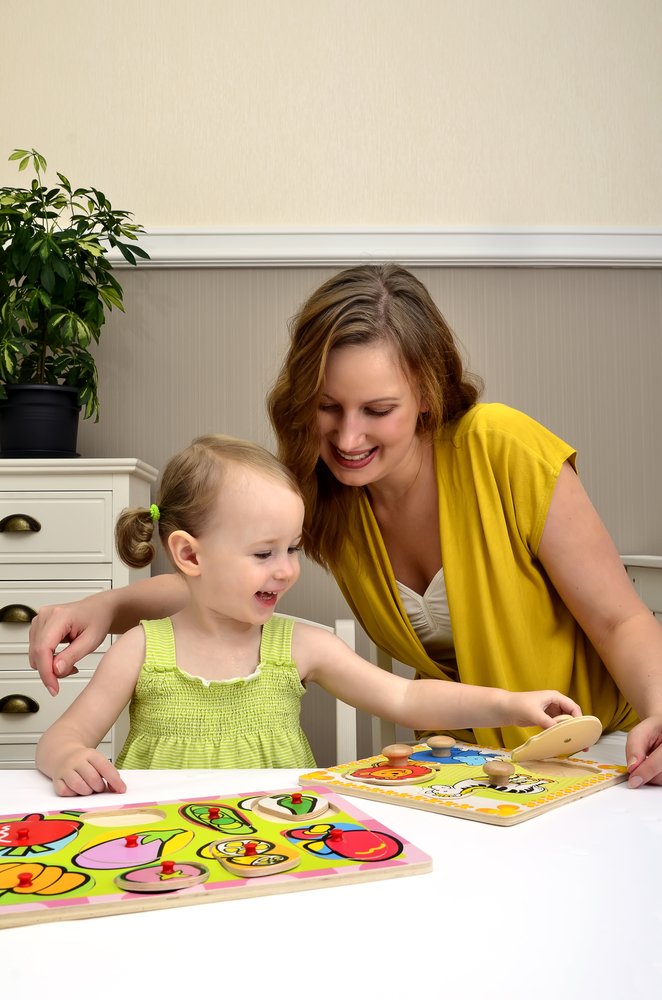Key points:
1. Preschoolers, at around 3-4 years old, are highly curious and eager to understand how things work.
2. Encouraging children to ask questions is vital for their cognitive development and active learning.
3. Children typically progress from asking “where” to “who” and eventually “when” and “why” questions as they develop.
4. Tips to foster reasoning and curiosity include showing interest in their questions, providing engaging learning opportunities, and encouraging exploration of the senses.
Preschoolers are known for their curiosity. So many of the things surrounding them constitute brand new experiences while their own capacity to take in and process the world is constantly being updated!
Because of this, at around 3 or 4 years of age, you’ll probably notice that your child is suddenly very invested in knowing how things work. Since they rely on trusted and loved people to help her figure out the world’s mysteries, at this developmental stage your child will be asking lots and lots of questions, from the mundane and seemingly simple, to literally rocket science.
It is vital for your little one’s cognitive development that they feel comfortable asking questions, because by doing so they are taking an active role in learning. According to the book Transdisciplinary play-based assessment, by developmental psychologist Toni Linder, between 26 to 32 months your child will begin asking “where” questions, at around 40 months of age they will do “who” inquiries, and then around 42 to 49 months of age, you can expect them to start asking you “when” and “why” questions.
Here are some tips on how to encourage your child’s reasoning and curiosity skills:
- Be interested in the questions asked, and in what your child finds attention-worthy.
- To keep the task fun, offer plenty of interesting things to discover.
- Provide answers that invite your child to further explore something together, rather than answering with “yes”, “no” or “because that’s just how it works”.
- Explore what the five senses can tell you about something.
- Model asking questions and sharing knowledge without being rude.
- Encourage thinking about why and how something works, like when you paint, play with water, cook, or bake.








